Dir: Igal Bursztyn. Israel. 2002. 86mins.
A disenchanted metaphor for contemporary Israel, located in a satirical limbo, Igal Bursztyn's The Glow addresses politically-involved academic circles rather than mainstream film audiences. A low-budget production made for TV - it has already screened on cable in Israel - but shot on film with an eye to theatrical distribution, it could, with the right handling, have a modest career on specialised overseas film circuits. But unlike recent Israeli military drama Yossi & Jagger, The Glow has too little emotion, and relies too much on audience fore-knowledge, to carry it beyond these boundaries. The film screened in the New Films, New Directors Festival in New York.
There is no mistaking Igal Bursztyn's source of inspiration. His previous film, Everlasting Joy, placed 17th century philosopher Baruch Spinoza in a popular Tel Aviv suburb to show how incompatible his theories are with present day Israel. For his new feature he draws on 12th-century rabbi Moses Maimonides, one of the pillars of Judaic philosophy, to show how little has been learned by the people for whom he wrote The Guide For The Perplexed, one of the standard texts of Judaism.
Uriel Morag (Dayan), a retired general with a glorious past that includes some less than glorious episodes, has, like many other army officers, graduated into an executive ministerial job. Self-important, overweight and - in his own mind - indispensable, he heads for the countryside with Mona (Tinkerbell), his latest bimbo, for a weekend away. But as he drives his BMW towards the village farm of two friends from his military past, he and his love are transported into a twisted Through The Looking Glass-style version of present day Israel.
Radio, television and phones - indispensable to most Israelis - are cut off, and a state of alert is declared in the village amid fears of an invasion by suspected terrorists. From here on, Bursztyn presents his audience with allegories that they have to unravel. Mona is terrified of dogs (a typical trauma for concentration camp survivors) and sees angels (which Maimonides claimed were incarnations of pure spirit); imported Thai workers replace Arab labourers in the fields and receive the same treatment; and an Orthodox girl is forcibly removed by family members to stop her abominable relationship with a local boy. Meanwhile villagers hunt for the invisible intruders.
Bursztyn is more interested in portraying society than telling a story, and plays up the metaphors at the expense of the plot. Nor does he shirk his disdain for Morag's generation, best typified to non-Israelis by Ariel Sharon and the current political rulers. All the villagers resemble Uriel: overweight, middle-aged, trigger-happy Rambos, eager to show off their macho infantilism. In the lead role Assi Dayan, a fierce anti-militarist and the son of Israel's most famous general Moshe Dayan, relishes the chance to accentuate his character's least flattering features. The only hope in this otherwise desolate human landscape comes from Mona's innocence, as she transcends materialism and reaches out for spirituality.
Shot on a tight, minimal schedule, Bursztyn's film relies on themes rather than visuals to deliver his message. Audiences expecting pat solutions for every aspect of the metaphor may be irritated when they are not delivered. But they will, at least be challenged.
Prod co: Cinema Post-Production, Israeli Cable Programming
Int'l sales: Cinephil, Tel Aviv
Prod: Eyal Shirai
Scr: Igal Bursztyn
Cinematography: Giora Bikh
Ed: Era Lapid
Prod des: Amir Pick
Music: Josef Bardanashvili
Main cast: Assi Dayan, Tinkerbell, Rivka Michaeli, Yair Rubin




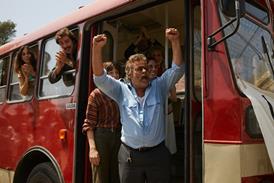
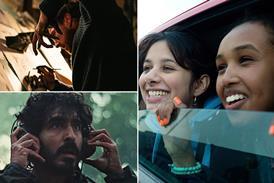






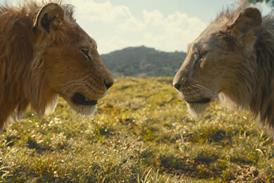
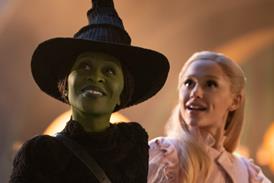
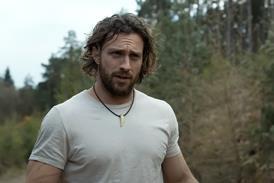
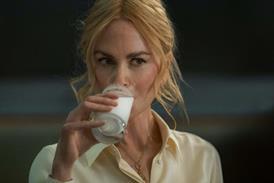


No comments yet